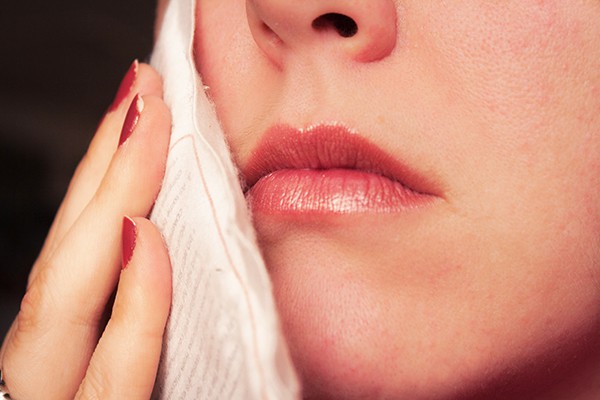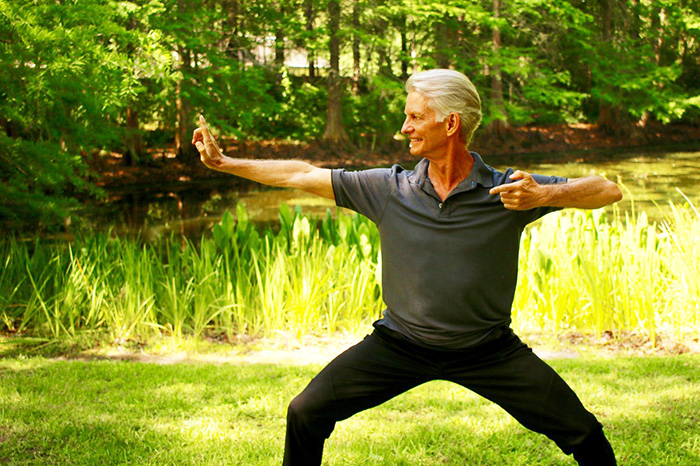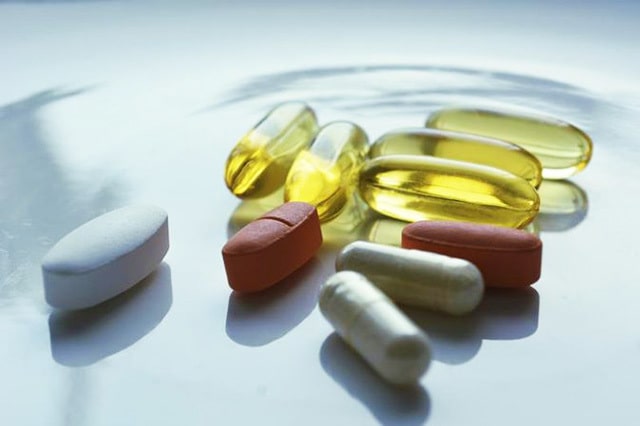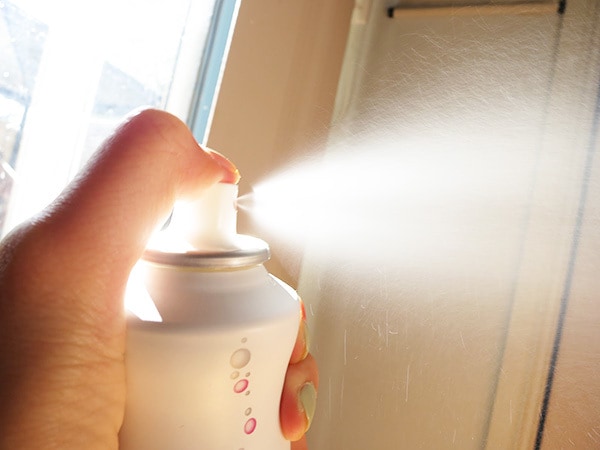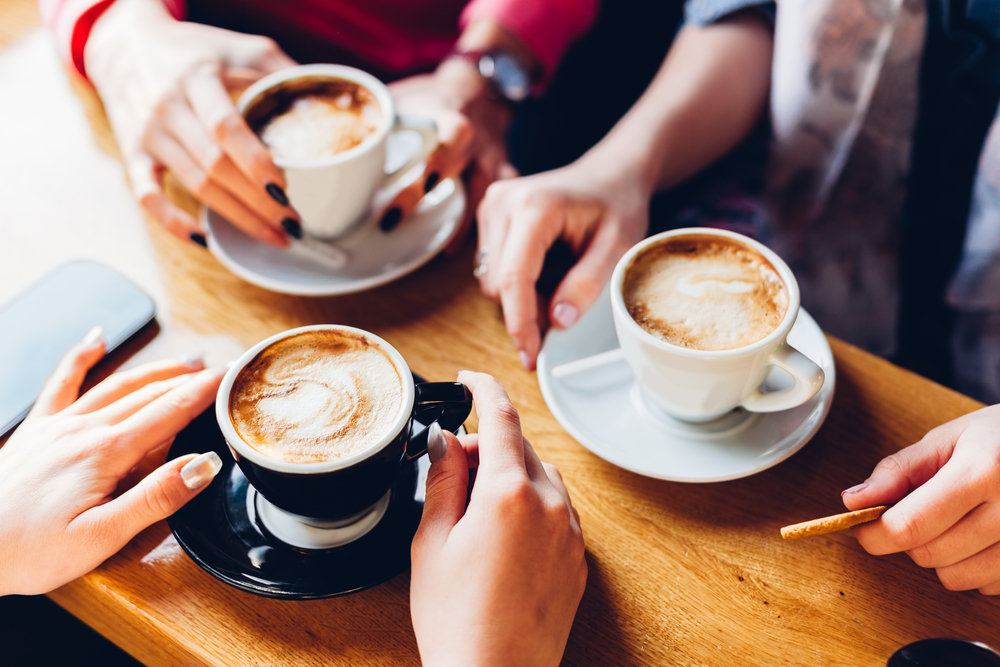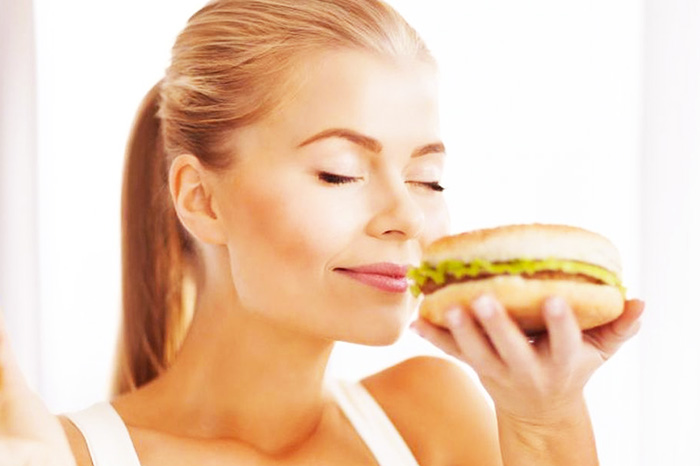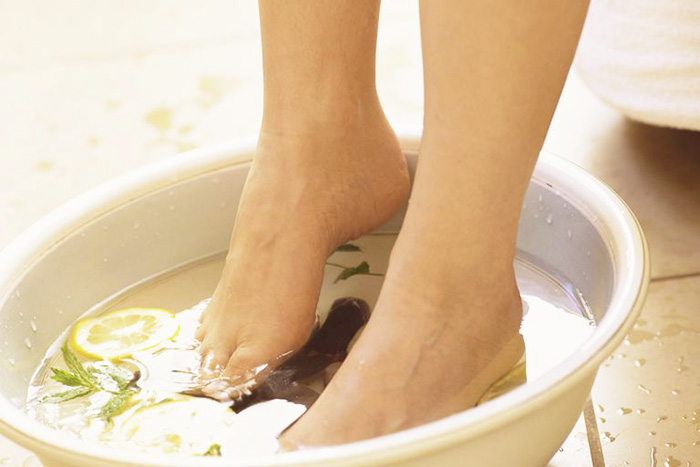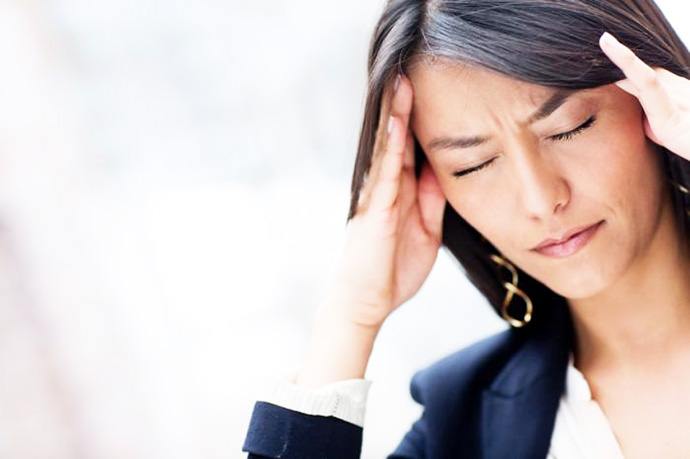So you love drinking coffee but you hate the fact that’s it causing you a few minor problems afterwards. Well, this article will completely eliminate any hesitation you have on reaching for a cup of your favorite joe — below you will come across some of the fixes for a few minor issues commonly encountered after having your coffee fix.
Got lots of family members and friends who complain about insomnia, headaches, anxiety and others after drinking coffee? Then make sure that you repost this article later on for them to be able to read it, too!
Insomnia
Everyone knows that caffeine found abundantly in coffee is a form of stimulant, and that’s why it is a complete no-no to drink coffee just before hitting the hay, unless your goal is to remain wide awake all night long.
Failure to get a good night’s sleep may still be encountered even if you do your best to steer clear of coffee a couple of hours before going to bed. According to experts, it can take 4 to 6 hours for caffeine to completely leave your body — longer if you are uber sensitive to caffeine!
As a general rule of thumb, it’s a good idea for anyone who tends to wind up with insomnia after having coffee to avoid the well-loved beverage 6 to 10 hours before bedtime.
Can’t say no to the smell and taste of coffee mid or late afternoon? Then simply opt for a cup of decaffeinated coffee to spare yourself from tossing and turning in bed later on at the end of your day.
Headaches
Are you aware of the fact that some medications for headaches actually have a small amount of caffeine in them? Caffeine has the ability to shrink the blood vessels, thus alleviating unnecessary pressure in the head.
However, it’s very much likely for you to wind up with a headache after drinking a cup of coffee. That’s because caffeine has diuretic properties, which means that it causes water to be eliminated from your body. Such can cause dehydration, and one of its symptoms is a headache.
If you are used to drinking several cups of coffee per day, you may actually find yourself suffering from a headache if you fail to have your dose of your favorite java. You can put the blame on the dilatation of the blood vessels in your head which can happen if you fail to supply your body with caffeine that it’s so accustomed to.
To keep headaches at bay, drink plenty of fluids if you are an occasional coffee drinker or consume coffee in moderation if you are a heavy coffee drinker.
Anxiety
It’s no secret among individuals who are diagnosed with anxiety disorder that coffee is a major trigger — caffeine found in coffee is a nervous system stimulant, and this can cause all kinds of physical symptoms associated with anxiety to come into being. Eventually, those physical symptoms can cause various mental symptoms to show up as well.
Got told by your therapist to stay away from coffee in order to fend off an anxiety attack? Do not panic as there’s a workaround: simply go for decaf instead of regular coffee.
What’s so nice about decaffeinated coffee is that it smells and taste just like regular coffee, but without the caffeine that can leave you anxious. This is why having a cup of decaf is perfectly fine at bedtime as you won’t be introducing a potent stimulant into your bloodstream.
However, do take note that even decaffeinated coffee may still have a small amount of caffeine in it. If you are extra sensitive to caffeine, it’s possible for you to still feel kind of anxious after enjoying a cup of decaffeinated coffee.
Stained Teeth
That beautiful deep color of coffee can stain your chompers, thus robbing you of the opportunity to flash a beaming smile that everybody finds irresistible.
Unfortunately, it’s a bad idea to fight off stains by brushing your teeth after having coffee. That’s because the acidity of coffee can soften the enamel, which is the protective outer covering of your teeth. As a general rule of thumb, you have to wait for 30 minutes before brushing to ensure that your enamel has been given enough time to harden.
The good news is that there is no need for you to sacrifice your pearly whites just to keep on enjoying your most favorite beverage on the face of the planet. After having a cup of it, simply immediately rinse your mouth with room-temperature water for a few times.
You may also chew gum to encourage saliva production and thus flush away surface stains before they stick to your teeth. Here’s an added tip: go for gum with baking soda in it.
Bad Breath
We all know that a cup of freshly-brewed coffee smells wonderful! Unfortunately, the same cannot be said for the breath of someone after having a cup or two of coffee.
There are a couple of reasons why coffee can make your breath reek after some time. First, it was mentioned earlier that coffee has dehydrating effects — what we failed to mention above is that it can also have drying effects on the mouth, which is something that can promote bad breath. Second, all the sugar and cream you are fond of adding to your coffee can promote proliferation of odor-causing bacteria in your mouth.
Reaching for a toothbrush right after drinking coffee is bad for your chompers — again, coffee is acidic and it can cause your enamel to weaken momentarily. You should allow at least half an hour to pass after drinking coffee before brushing your teeth.
For immediate bad breath elimination, drink a glass of water after having coffee. This will help to fend off not only bad breath, but also bad breath-causing dehydration resulting from coffee consumption.
